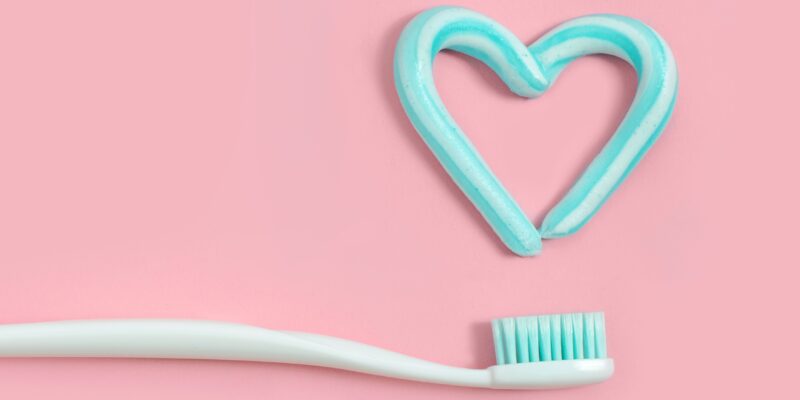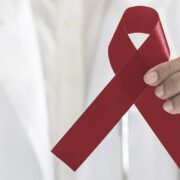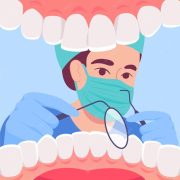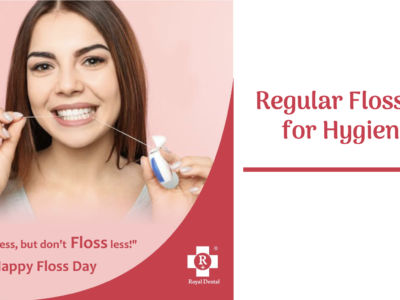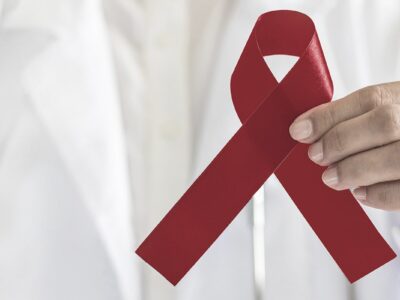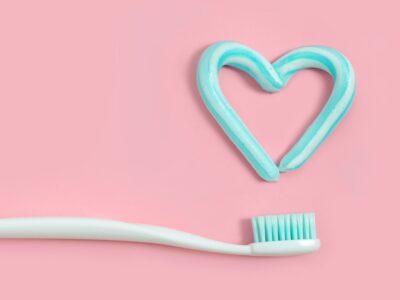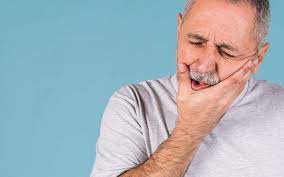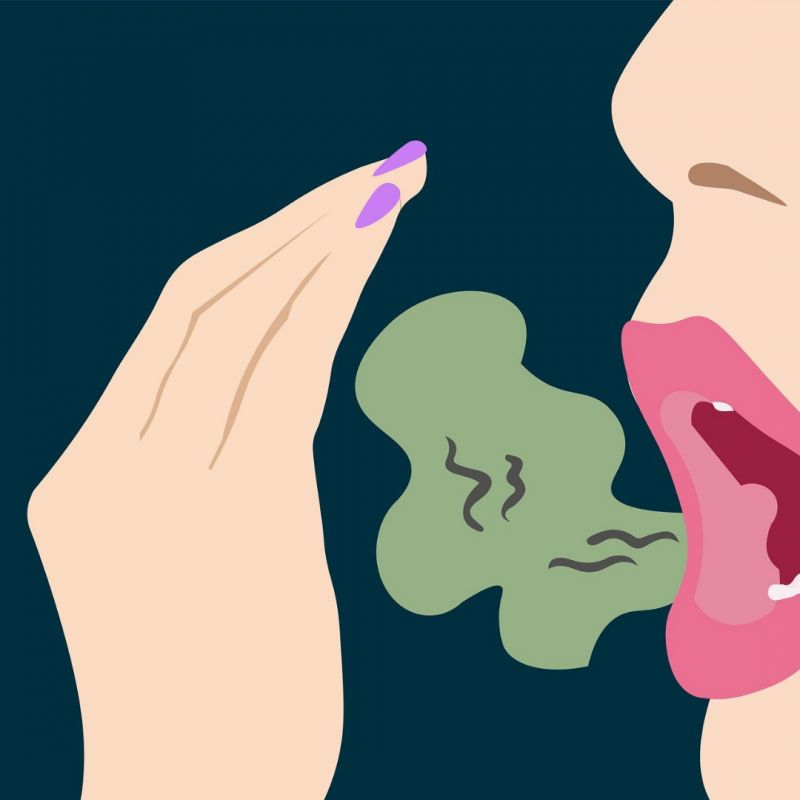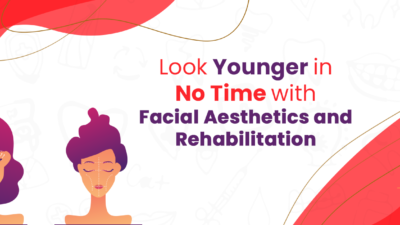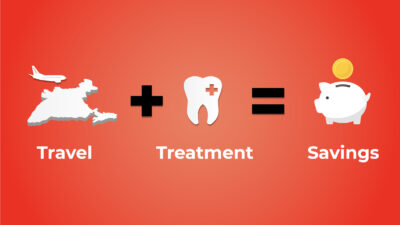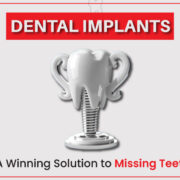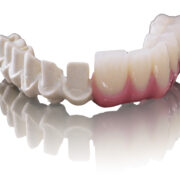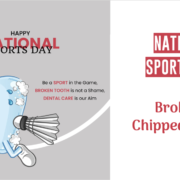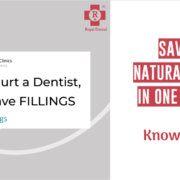Ever wonder how often should you change your toothbrush? It’s one of those necessities of daily life that we often forget. The fact remains, though a variety of dental issues can arise from using the same toothbrush for an extended period of time. Now let’s get down to the specifics of maintaining and cleaning your toothbrush. This article will discuss the importance of changing your toothbrush on a regular basis for dental health as well as how to choose the best toothbrush for your needs. So grab a seat, and let’s embark on a voyage through toothbrush maintenance!
Why is it important to change your toothbrush regularly?
Food fragments, germs, and plaque can build up in toothbrush bristles over time. By stopping the accumulation of these impurities, routine toothbrush replacements aid in maintaining dental hygiene.
Your toothbrush’s bristles may wear out with repeated usage and lose some of their cleaning power. For optimal cleaning and plaque removal, choose a toothbrush that is new and has its bristles intact.
Your toothbrush may harbor bacteria and viruses if you have recently fallen ill, particularly if it was a communicable disease like the flu or a cold. Reducing the chance of reinfection is achieved by replacing your toothbrush following a sickness.
Frayed bristles on old toothbrushes can cause gum irritation and even gum injury. Replacing your toothbrush on a regular basis helps keep your gums healthy and minimizes discomfort when brushing.
Changing your toothbrush on a regular basis guarantees that your oral hygiene regimen is working as hard as it should. It contributes to overall better dental health, cleaner teeth, and fresher breath.
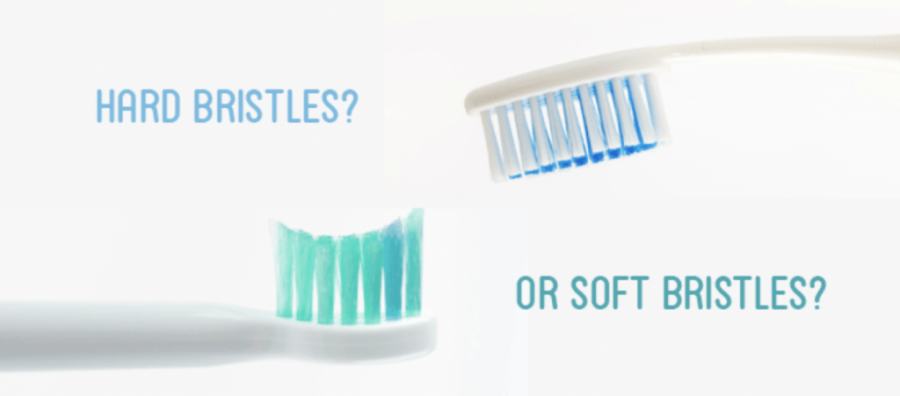
How often should you change your toothbrush?
Changing your toothbrush is usually advised every three to four months, or earlier if you see that the bristles are fraying. This period guarantees that your toothbrush will continue to effectively clean your teeth and gums of plaque and bacteria. You might, however, need to replace your toothbrush more frequently in the following circumstances:
- It is essential to replace your toothbrush as soon as you recover from an illness, especially if you have a contagious illness like the flu or a cold, in order to avoid reinfection.
- It’s time to replace your toothbrush if you see that the bristles are fraying, bending, or becoming worn out. Your toothbrush’s ability to thoroughly clean your teeth and gums may be compromised if its bristles are broken.
- For best results and hygiene, change the brush heads in your electric toothbrush every two to three months.
- Dr. Chirag Chamria might advise switching to a new toothbrush following oral surgery or gum disease treatment in order to stop bacteria from getting into the healing regions.
Signs that it’s time to change your toothbrush
- Plaque, food residue, and bacteria buildup can cause toothbrush bristles to darken over time. It’s time for a new toothbrush if you discover that the bristles have lost their original color.
- Toothbrush bristles may get softer and less rigid with wear and tear. This may lessen the benefits of brushing, particularly when it comes to clearing dirt and plaque from your teeth and gums.
- It is essential to replace your toothbrush as soon as you recover from illness, especially if it was a contagious one, in order to prevent reinfection. Recurrence of the infection could be possible if bacteria and viruses remain on the bristles.
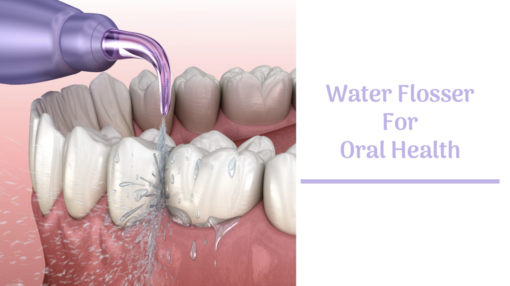
How to choose a toothbrush: Electric toothbrushes vs. Manual toothbrushes
Cleaning Effectiveness
| Electric Toothbrush | Manual Toothbrush |
|---|---|
| When it comes to eliminating plaque and decreasing gingivitis, electric toothbrushes outperform manual toothbrushes in most cases. Their revolving or oscillating motions can offer a deeper cleaning. | Manual toothbrushes can be just as effective as electric toothbrushes, provided that they are used correctly. For some, a manual toothbrush offers more control and familiarity. |
| Electric toothbrushes are frequently simpler to use, particularly for those who have trouble brushing by hand or have limited dexterity. Electric toothbrushes’ bristle movements can accomplish a lot of the work for you. | Manual dexterity and good brushing technique are necessary while using a manual toothbrush. Although they are simple to operate, they could take more work than electric models. |
| An array of functions, including pressure sensors, timers, and several brushing modes (such as whitening and sensitive), are included with electric toothbrushes. In addition to meeting certain dental health needs, these features can improve your brushing experience. | Simple manual toothbrushes are available in three different bristle kinds (soft, medium, and hard) and designs (angled, tapered, etc.). You can select a manual toothbrush according to the handle style and bristle stiffness that you like. |
FAQs
Q. How often should I change my toothbrush?
Replacing your toothbrush is advised every three to four months, or earlier if the bristles start to fray. This guarantees hygienic and efficient cleaning.
Q. Are electric toothbrushes better than manual toothbrushes?
Because electric toothbrushes rotate or oscillate, they can be more efficient at eliminating gingivitis and plaque. However, when used correctly and with the right brushing technique, manual toothbrushes can be just as effective.
Q. What bristle type should I choose for my toothbrush?
Generally speaking, using a toothbrush with soft bristles will help you prevent gum disease and dental enamel erosion. Over time, medium or hard bristles may wear down enamel or create irritation due to their excessive abrasiveness.
Q. How long should I brush my teeth?
Dr. Chamria advises brushing your teeth twice a day for a minimum of two minutes each time. Make sure to completely cover all tooth surfaces, including the tongue and gums, by using soft, circular strokes.
Q. Can I share my toothbrush with others?
Sharing toothbrushes is not advised since it spreads bacteria and germs, which raises the risk of infections and other oral health problems. For reasons of health and cleanliness, each person should use their own toothbrush.
Q. Do I need to brush my tongue as well?
Yes, it’s crucial to gently brush your tongue in order to get rid of plaque, food particles, and germs that can cause foul breath and other oral hygiene problems. To effectively clean your tongue, use a tongue scraper or toothbrush.
Conclusion
In summary, keeping the best possible oral hygiene requires replacing your toothbrush on a regular basis—ideally every three to four months, but even sooner if necessary. The significance of this procedure is emphasized by Dr. Chirag Chamria in order to guarantee efficient plaque removal and general oral health. You may improve your brushing experience, lower your risk of bacterial growth, and promote a healthier smile by adhering to this easy yet important habit. Keep in mind that a cleaner, fresher, and healthier oral environment results from using a fresh toothbrush.

